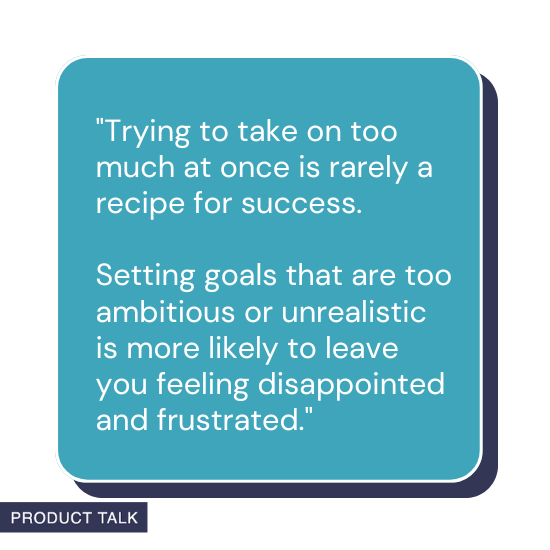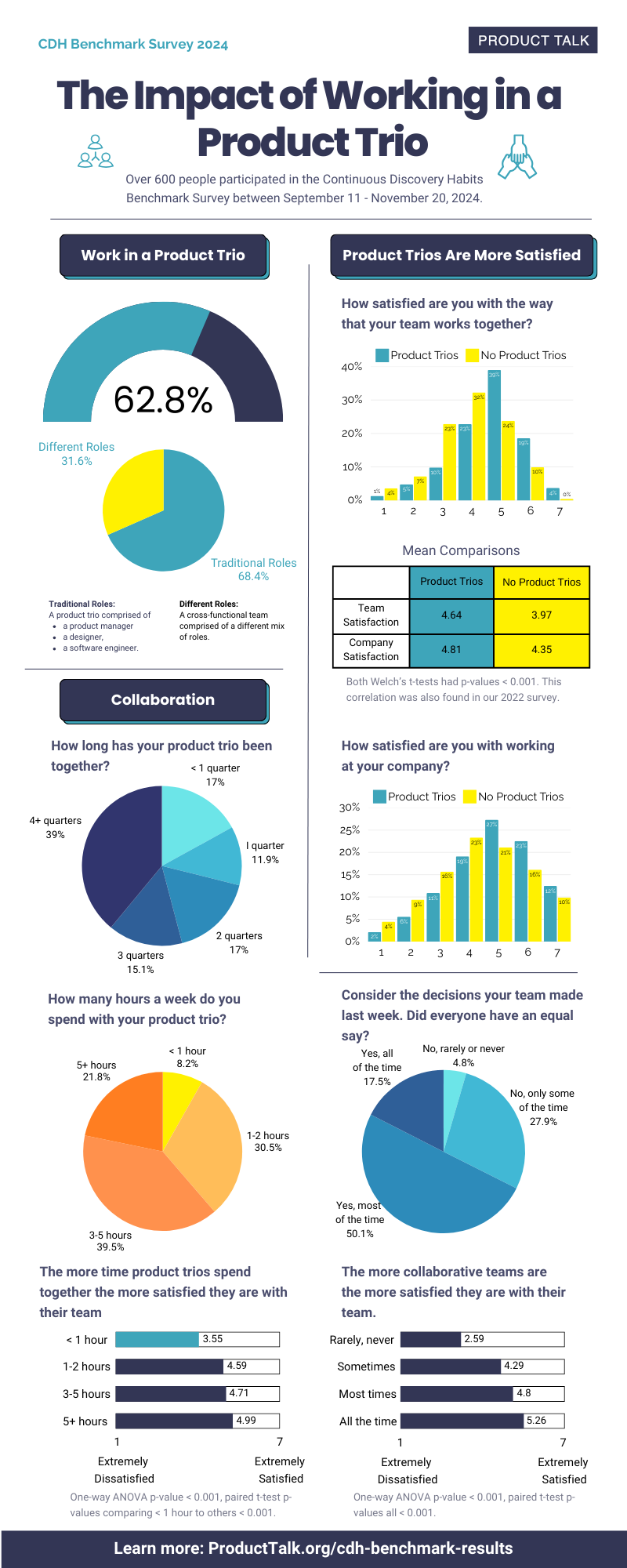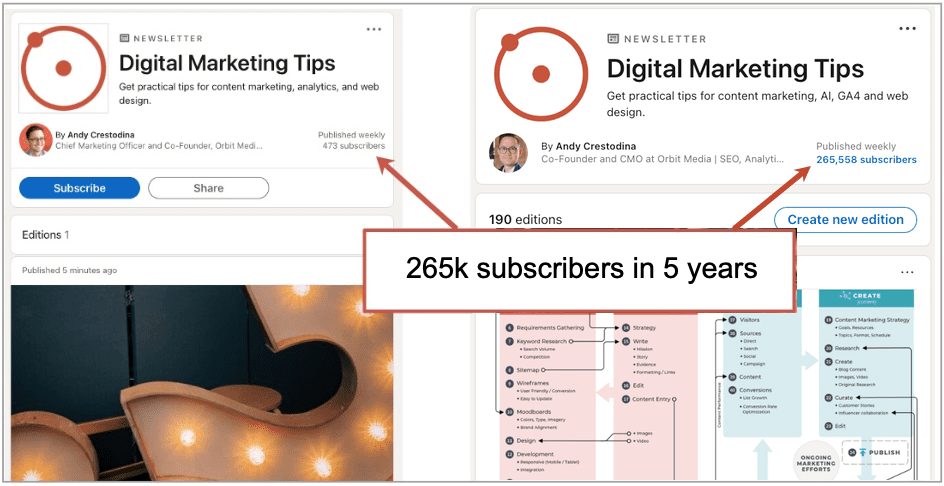my friend hired me but isn’t paying what we agreed, we get free food as “appreciation” but I can’t eat any of it, and more
It’s five answers to five questions. Here we go… 1. My friend hired me but isn’t paying me what we agreed A friend of mine recently started a business, and I happened to be the perfect candidate for the job because it’s a very specific niche. I was working for someone else, and she asked […] The post my friend hired me but isn’t paying what we agreed, we get free food as “appreciation” but I can’t eat any of it, and more appeared first on Ask a Manager.

It’s five answers to five questions. Here we go…
1. My friend hired me but isn’t paying me what we agreed
A friend of mine recently started a business, and I happened to be the perfect candidate for the job because it’s a very specific niche. I was working for someone else, and she asked me to work for her. I would be getting paid the same amount and working the same hours, so I agreed to work for her. Unfortunately, she hasn’t been holding up her end of the deal with pay, and the hours are way different than we initially discussed. The first few months I was understanding because business started slow, but months later I’m finding that nothing is changing. I also am finding I’m helping her in many ways that take up my time and are basically free for her because I’m a friend.
I want to know how to approach this situation and bring it up to her without ruining the friendship entirely and burning a bridge. I can’t keep going like this because not only am I not making nearly what I thought I would as we discussed, but I also am putting a lot of time into helping grow her business, which I was happy to help with but I’m starting to feel like I’m being taken advantage of.
My previous job was an established place and usually very busy. I was paid the same amount every day even if it wasn’t fully booked. My friend said she would pay me the same per day, but somewhere along the way she changed that without discussing it with me. In the beginning I understood that with only a booking or two in a day, she couldn’t pay me the full amount per day. But recently it’s gotten very busy and even on days we worked all day, she would pay me half or a fraction of what we said. I’m there sometimes 8-9 hours and getting paid nearly nothing, plus doing extra tasks. =
I want to tell her that if she doesn’t have the ability to pay me the full amount if she’s struggling that I just show up and do individual bookings for a fee each. But I don’t know if that’s out of line. I hate to make it about money, but I’m getting so tired. I work two jobs and it’s starting to interfere with my other job and this one I do on the weekends, so if I’m going to trade my time to work I want to make it worth it for me.
You say you’d hate to make it about money, but it is about money. She lured you away from another job with an agreement about money that she has failed to uphold. It’s okay to be honest that the money matters! Friend or not, the agreement was never that you’d work for free; the agreement was that you’d leave another job to help her in exchange for an agreed-upon amount of money.
Say this to her: “I tried to be flexible when you were just starting out, but I was only able to leave my other job because we agreed that I’d be paid $X. With that not happening, I can’t make this work financially and need to find other work, so I’m not going to be able to keep coming in.” If you’re truly wiling to just do individual bookings (and aren’t just looking for something to placate her), you could add, “I’d be able to just come in for individual bookings if we stuck to a per-booking fee, but that’s the most I can do with our current set-up.” (But also, are you really willing to do that? It sounds like it would prevent you from finding another weekend job. It’s okay to just stop completely.)
As for the worry about the relationship: right now it sounds like you’re worried a lot more about the relationship than she is. She hired a friend away from a paying job and then immediately broke (and is still breaking) her promises about pay. Let her worry about keeping your friendship under those circumstances, particularly if she gives you any guilt about leaving.
2. We get free food as “appreciation” — and I can’t eat any of it
This is a low-stakes question, but it is bothering me a bit. I have been a teacher at my current school for seven years. There are approximately 60 teachers and a similar number of support staff. Our required monthly faculty meeting takes place at lunch, but lunch is provided to “compensate” for losing a duty-free lunch (which is part of our contract). Required professional development is flooded with candy to make it more palatable. During parent/teacher conferences, dinner is provided since we have to be at school so late on those days. Every spring, we have teacher appreciation week, where the parent-teacher organization provides food for us every day.
The issue is that I have type 2 diabetes. I take no medication or insulin; I manage it strictly with what I eat. It is incredibly frustrating to me that during all of these events, I cannot have any of the perks. I can’t eat donuts, sandwiches, pizza, candy, sweet drinks, pasta, cookies, etc. I have never seen a single low-carb option. I bring my own lunch to faculty meetings and conferences. I actively avoid the faculty lounge during teacher appreciation week to avoid the temptation and awkward questions about why I’m not eating whatever is provided. I have excellent will power, and I would certainly never try to dictate what other people eat or don’t eat, but I feel a little overlooked.
I know I can’t be the only person on our staff who has this issue or other dietary restrictions, but it seems like no one else has a problem with the constant barrage of carb-loaded snacks and meals. Is this worth mentioning? Am I being too sensitive? Is it reasonable to ask to occasionally have something to show appreciation that isn’t food-related, or do I just need to let it go?
Free food is an easy go-to because so many people love it, and a lot of them love it passionately. It can be hard to come up with another similarly priced perk that will please as many people as free food does. But it’s absolutely reasonable to ask for a wider variety of options!
For example, with the required monthly meeting, talk to whoever organizes lunch, explain you can’t eat what’s being provided, and ask how to ensure there’s something there you can eat. If this is a required lunch, they really, really should ensure they’re accounting for your needs (but they can’t if they don’t tell them what you need). And can whoever liaises with the parent-teacher organization ask them to provide a wider range of options — not just sweets, but fruit/a veggie platter/whatever specific suggestions you can make that would work? You probably won’t be the only person who would appreciate having healthier options included. But someone has to speak up and request them!
3. My spouse’s company is suddenly competing with mine
My husband and I have recently become competitors at work, and I’m not sure how to handle it. Our relationship started before either of our current careers and, for over a decade, we had no overlap whatsoever. Over the last few years, our roles have been slowly converging.
Fast forward to this week, and I’ve been on calls at my job where my husband’s agency has been named as a direct competitor to a project my company is pitching to the client I work on. It’s not the team my husband works on, but he knows that team well and they even collaborate on some of his projects.
Do you have any advice to handle this with work? I’m not worried about handling this with my husband; we just won’t discuss the project together. We occasionally vent about work together, but in a general way (“Jane is up to her shenanigans again” or “that contract I’m working on still hasn’t been signed”). Am I obligated to mention it to my boss? Should I try not to get involved in this new business pitch? It’s a good opportunity for me at my job, but the more I am involved, the more I feel weird about hearing about his agency as the main competitor.
You should disclose it to your boss; it will be much weirder if it comes out later and it turns out you knew and didn’t say anything. You don’t need to frame it as a big deal. You can simply say, “I feel like I should let you know that my husband works for CompanyName, since they’re also pitching for the X project. It’s not his team and I’ll be scrupulous on my side sides about not discussing anything related to project, but I thought I should tell you that in case it poses any conflicts.”
4. Explaining I got bad news during a vacation
I just went to visit my parents, and my coworkers know that was the reason for my recent time off. The visit ended with my dad in the hospital and he will likely either not recover at all or recover enough to be discharged into home hospice care. How should I best deal with the fact that my whole team is going to ask how my vacation went?
Should I send out an email to my immediate team that basically says, “Before you ask, my trip ended with my dad in the hospital so please don’t bring it up”? Should I pretend it was good? Should I say it was rough every time someone asks? Should I grunt and change the topic?
I imagine you won’t be able to respond to this before I need to figure out my own answer, but I’m asking in case it helps someone else.
It depends on what you’re comfortable with. It’s fine to say, “It went differently than expected. My dad had a health crisis while I was there and that’s still ongoing, so we’re working on that currently.” If you don’t want to get into it, it’s also fine to reply with something bland and vaguer (anything from “it was OK, how were things here?” to “there’s some health stuff going on in my family, so it was a hard week”), immediately followed up by a subject change if you don’t want to discuss it more.
I’m sorry about your dad!
5. How can I help my dyslexic and ADHD employee write better?
I have a wonderful junior employee who is enthusiastic, a fast learner, helpful, has a excellent analytical mind and is an all-round delight to work with. However, her writing needs improvement.
Some of the gaps I’d expect from any junior employee (know your audience, be concise, structure documents logically, check spelling and grammar before sending to your manager), but some are probably due to her dyslexia (words out of order, incorrect homophones, errant punctuation) or possibly ADHD (maybe some of these examples are really about attention to detail). She disclosed these diagnoses to me recently.
How can I help her improve while accommodating her neurodiversity? Most of the dyslexia resources I can find give strategies to help with reading comprehension, but I don’t think she has any issues there. I’ve seen suggestions to use AI writing assistance tools but, due to legitimate reasons, our workplace is unlikely to have these anytime soon.
Whenever you’re trying to figure out what accommodations might help someone, the Job Accommodation Network is a really good first stop. They offer an encyclopedia of potential accommodations for a wide range of disabilities, and a super helpful starting place for thinking about options. Their page on accommodations for learning disabilities might be exactly what you need. (Scroll down to “accommodation ideas.”) They also have something called “Situations and Solutions Finder,” where you can enter keywords based on disability, limitation, and/or occupation, and they’ll pull up examples of real-life accommodations they’ve seen made.
The post my friend hired me but isn’t paying what we agreed, we get free food as “appreciation” but I can’t eat any of it, and more appeared first on Ask a Manager.




























































































![Building A Digital PR Strategy: 10 Essential Steps for Beginners [With Examples]](https://buzzsumo.com/wp-content/uploads/2023/09/Building-A-Digital-PR-Strategy-10-Essential-Steps-for-Beginners-With-Examples-bblog-masthead.jpg)
































